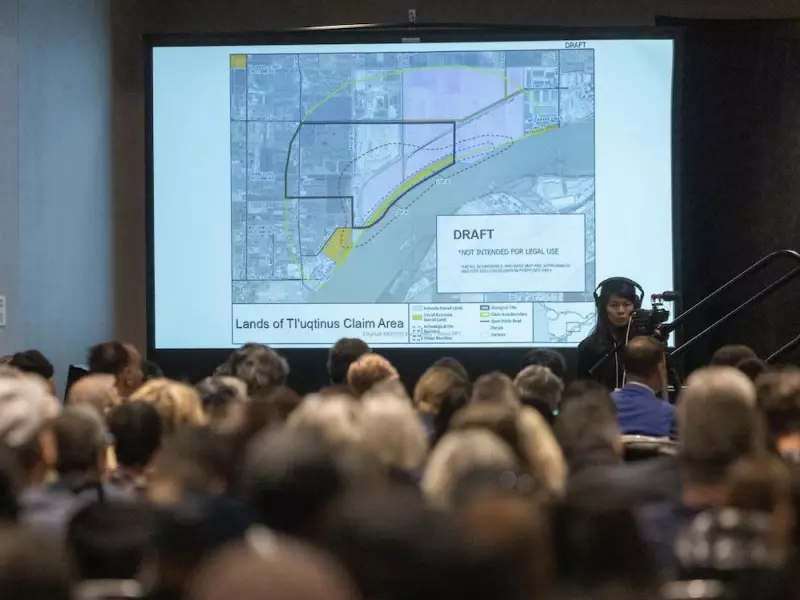
Canada's ambitious reconciliation agenda, once hailed as a path toward healing and unity, has become a source of deepening division and national concern. What began as a well-intentioned effort to address historical wrongs against Indigenous peoples has transformed into a complex web of policies that many argue is failing all Canadians.
The High Cost of Reconciliation
The financial burden of reconciliation efforts continues to mount, with billions of taxpayer dollars flowing toward various initiatives. While some funds undoubtedly support legitimate needs, critics point to a lack of transparency and accountability in how these substantial resources are being allocated and whether they're achieving their intended outcomes.
Unintended Consequences Emerge
Rather than fostering unity, current approaches appear to be creating new divisions among Canadians. The policy framework has:
- Created separate systems and standards for different groups of citizens
- Generated resentment among non-Indigenous Canadians who feel excluded
- Failed to deliver measurable improvements in key quality-of-life indicators
- Prioritized symbolic gestures over practical solutions
A Nation at a Crossroads
Canada stands at a critical juncture where the very concept of equal citizenship is being questioned. The current trajectory of reconciliation policy risks undermining the fundamental principle that all Canadians should be treated equally under the law, regardless of their ethnic background or heritage.
The Path Forward
Many Canadians who support the original vision of reconciliation now worry that the process has lost its way. There's growing consensus that a course correction is needed—one that maintains the commitment to addressing historical injustices while ensuring that all citizens move forward together as equal partners in building Canada's future.
The challenge remains: Can Canada find a balanced approach that honors Indigenous rights and history while preserving the unity and shared values that have long defined the nation? The answer to this question may determine the country's social and political landscape for generations to come.





